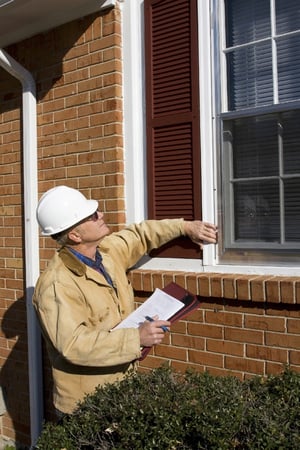
When buying and selling a house, you're also dealing with at least one home inspection. Here are five home inspection myths we hear most often:
Home Inspection Myths
Don't believe that a house appraiser works for the buyer.
Why: It's the lender who actually has the most to lose in a house transaction; he is the one who is fronting the money to the buyer. An appraisal is designed to ensure that the buyer doesn't overpay for the property, so a house appraiser works for the lender.
Don't believe that an appraisal and a home inspection are “practically the same thing.”
Why: An appraisal sets a house's worth, relying strongly on “comps” (the sale price of comparable houses in the neighborhood) and the home's condition. A home inspection offers an assessment of a home’s infrastructure, plumbing, electrical, heating and air conditioning systems, appliances, windows and doors, and the roof.
Don't believe that the sale price of a house and an appraisal must match exactly.
Why: Fundamentally, an appraisal provides guidance to the lender. And the truth is, most lenders feel plenty reassured by an appraisal that matches the agreed-upon sales price. If there's a discrepancy, the lender isn't going to make up the difference. So, it's usually up to the buyer and seller to figure out how to bridge the difference, coming as close as they can to appease the lender.
Don't believe that bigger houses always appraise for more money.
Why: Size alone doesn't determine the bottom line. Yes, a greater number of rooms and more square footage are generally desirable. But an appraiser must also consider how a house compares to others in the neighborhood. Most people have seen massive houses built on small lots, surrounded by small houses that are better suited to the land. While these houses may appraise for a little more money, they would probably appraise even higher if they were surrounded by similar-sized houses.
Don't believe that amenities and features automatically equal more money on an appraisal.
Why: It depends on the amenity or feature. Updated kitchens and bathrooms are generally considered safe bets, which is good news for sellers. But finished basements and home theaters usually disappoint sellers at resale time. A savvy realtor can tell you that new roofs are outstanding investments.
When undergoing a home inspection, don’t forget about your roof. If you need help assessing the true condition of a roof on a house you wish to buy or sell, contact First Quality Roofing & Insulation at 702-262-7847 to schedule your evaluation today.
















